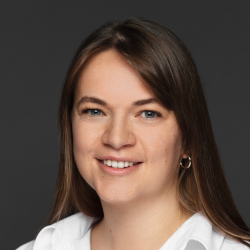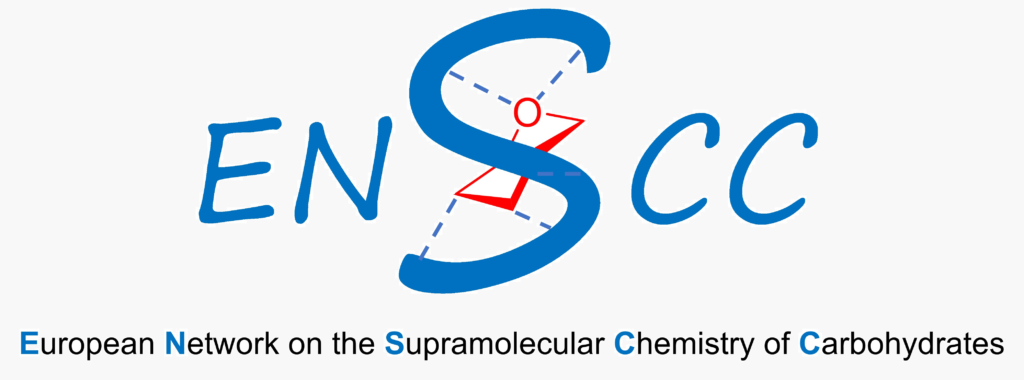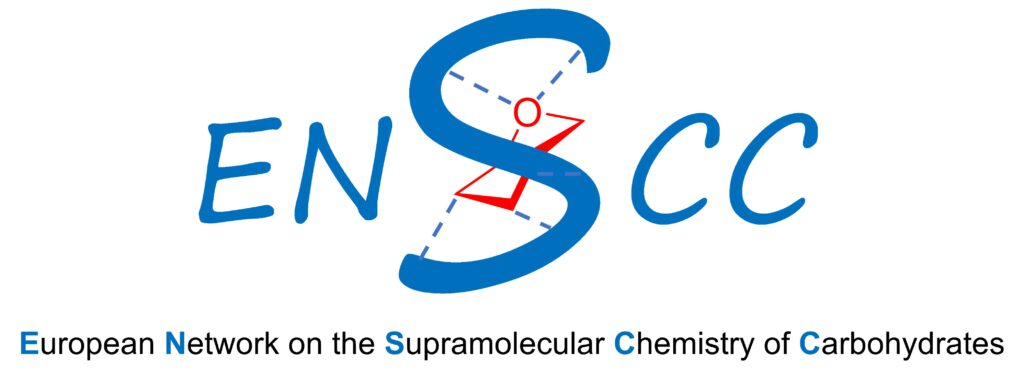
HOST INSTITUTION
ATLAS Molecular Pharma (Bilbao, Spain)
EMAIL ADDRESS
skratzwald@cicbiogune.es
SUPERVISOR
Dr. Óscar Millet
BRIEF CV
Originally from Austria, Sarah is a dedicated researcher pursuing her PhD at ATLAS Molecular Pharma located at the CICbioGUNE in Bilbao, Spain as part of the European Network on the Supramolecular Chemistry of Carbohydrates (ENSCC). She earned her Bachelor’s in Chemistry from the University of Vienna, and holds Masters degrees in Technical Chemistry from the Vienna University of Technology and Molecular Biology from the University of Vienna. Her academic and professional journey has focused on organic synthesis, biochemistry and protein NMR spectroscopy.
Her professional path includes roles ranging from quality control internships to research positions in neurochemistry, cell biology and medical radiochemistry. At Mag-LAB GmbH at the Vienna BioCenter, Sarah conducted both her Master’s theses and also worked there as a junior researcher. Her efforts focused on organic synthesis, protein expression and purification, and subsequent protein NMR. particularly through the synthesis of isotope-labelled amino acids and their subsequent selective incorporation into proteins of interest.
Now, Sarah is joining the ENSCC network as part of Óscar Millet´s lab at ATLAS Molecular Pharma which is located at the CICbioGUNE in Bilbao, Spain. Fascinated by the capabilities of NMR spectroscopy, she aims to blend her background in chemistry and biology to enrich her PhD project.
PROJECT DESCRIPTION
Objective: NMR methods for the characterization of protein-ligand interactions at the mutation hotspot.
My thesis object focuses on the implementation of NMR methods for the characterization of protein-ligand interactions at the mutation hotspot. Thereby, the focus lies on the development of proton (1H) and fluorine (19F) NMR methods. One of my aims is to not only use 19F labeling on ligands for screening purposes, but also on the protein allowing for further possibilities to study protein ligand interactions of interest. Additionally, other biophysical methods for the characterization of protein-ligand interactions will be applied.
The protein of interest is ALAS2 which is the rate limiting enzyme in the heme biosynthetic pathway. With that we aim to provide potential new therapeutic intervention lines to several rare diseases of the porphyria family.
Being part of the ENSCC Doctoral Network within this project allows me to engage with peers and experts not only from different countries within Europe, but also on an interdisciplinary level. This collaborative environment enables me to gain diverse scientific insights and methodologies, which will further enrich my research experience.
MAIN RESEARCH FIELD
Medicinal chemistry, protein NMR spectroscopy, molecular recognition, structural biology



